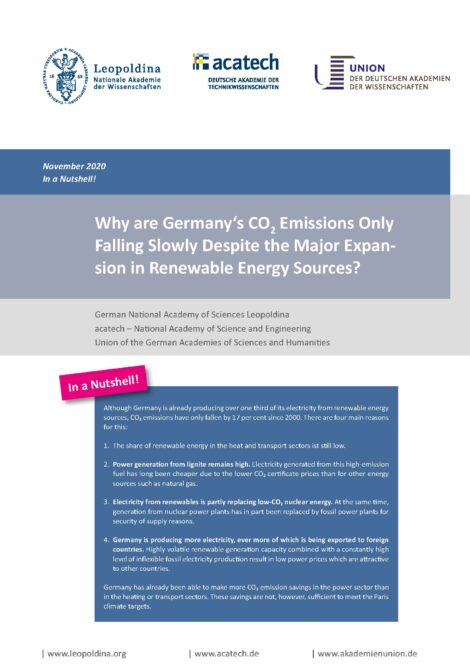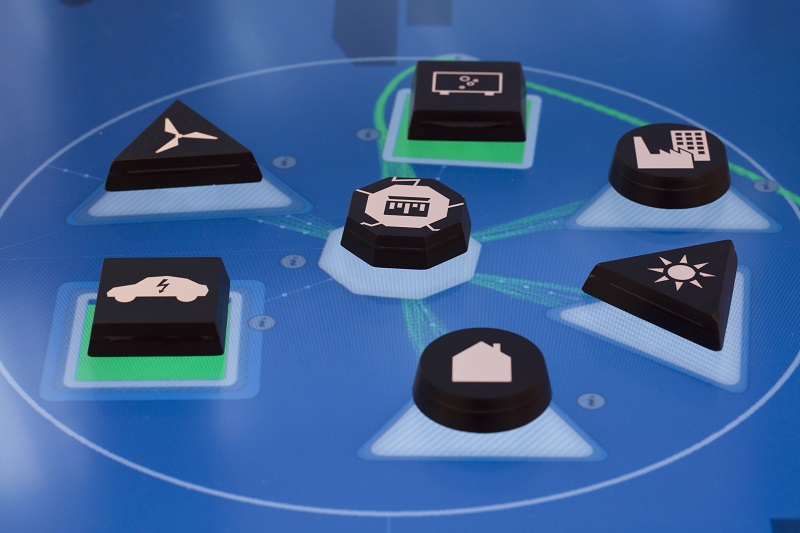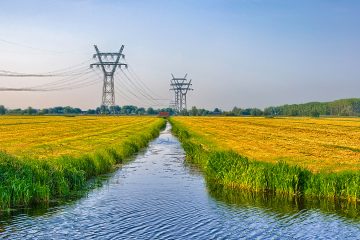Why are Germany’s CO2 Emissions only falling slowly despite the major expansion in renewable energy sources? „In a Nutshell!“
In 2018, CO2 emissions in Germany have fallen noticeably to 866 million tons for the first time since 2014. This is shown by calculations of the German Environment Agency. These figures are not enough to achieve the climate protection targets. Why don’t emissions decrease more significantly, even though wind power and solar plants are being steadily expanded? After all, renewable energy sources covered almost 38 percent of Germany’s gross electricity consumption in 2018. The joint Academies’ Project „Energy Systems of the Future“ (ESYS) identifies four main reasons for this:
- The share of renewable energy in the heat and transport sectors is still low.
- Power generation from lignite remains high. Electricity generated from this high-emission fuel has long been cheaper due to the lower CO2 certificate prices than for other energy sources such as natural gas.
- Electricity from renewables is partly replacing low-CO2 nuclear energy. At the same time, generation from nuclear power plants has in part been replaced by fossil power plants for security of supply reasons.
- Germany is producing more electricity, ever more of which is being exported to foreign countries. Highly volatile renewable generation capacity combined with a constantly high level of inflexible fossil electricity production result in low power prices which are attractive to other countries.




